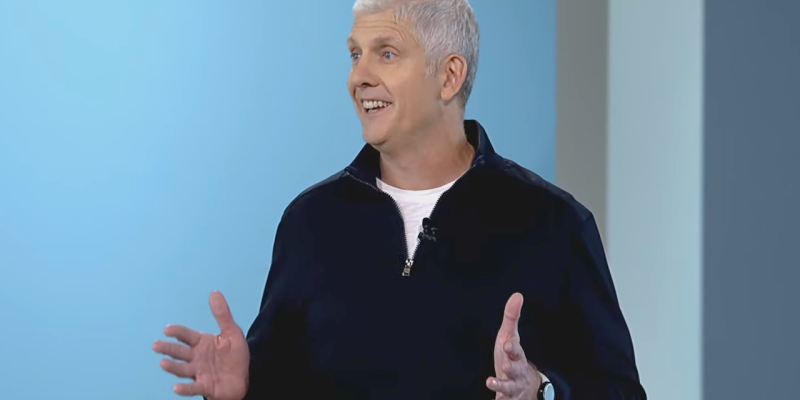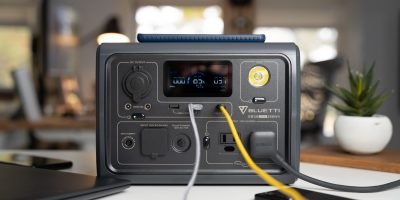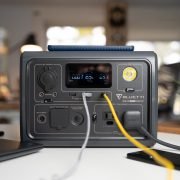Google’s recent launch of its Pixel 8 series phones came along with a lot of promises in terms of software updates, AI capabilities, camera quality, as well as an improvement in performance. We certainly hope so, given the hype around the company’s new Tensor G3 chipset – Google says that it’s designed the G3 to be a smarter chip, with improved AI integration and such.
However, one lingering question on a lot of Pixel users’ minds was if the G3 will be able to address the heating and battery issues that last year’s Tensor G2 faced. While Google has previously addressed these through an update, software can only do so much to mitigate such problems.
In an interview with Rick Osterloh at the Made by Google event, tech creator Michael Fisher asked the Google SVP if the Tensor G3 improves upon the Tensor G2’s power efficiency and thermal management capabilities, and it would seem that Google has been listening to consumers. According to Osterloh:
… I think all all SOCs will get warm if you use it a lot and and some things like taking high resolution videos or or auto navigation, they use a lot of the system. So because it’s using a lot of the system, they can certainly get warmer as you’ve seen with recent product launches, but we’ve been really focused on this area though. And we think we have big improvements in G3, so look out for that.
With that being said, some Android 14 beta testers have reported less heating on their Pixel devices while using the Beta, and given the recent roll-out of the upgrade, it should be interesting to see if the new software improvements do make a difference in the long run.
Going back to the Tensor G3 however, we’re certainly hoping that it’s a cooler experience this time around. You can view the full interview here.












Comments